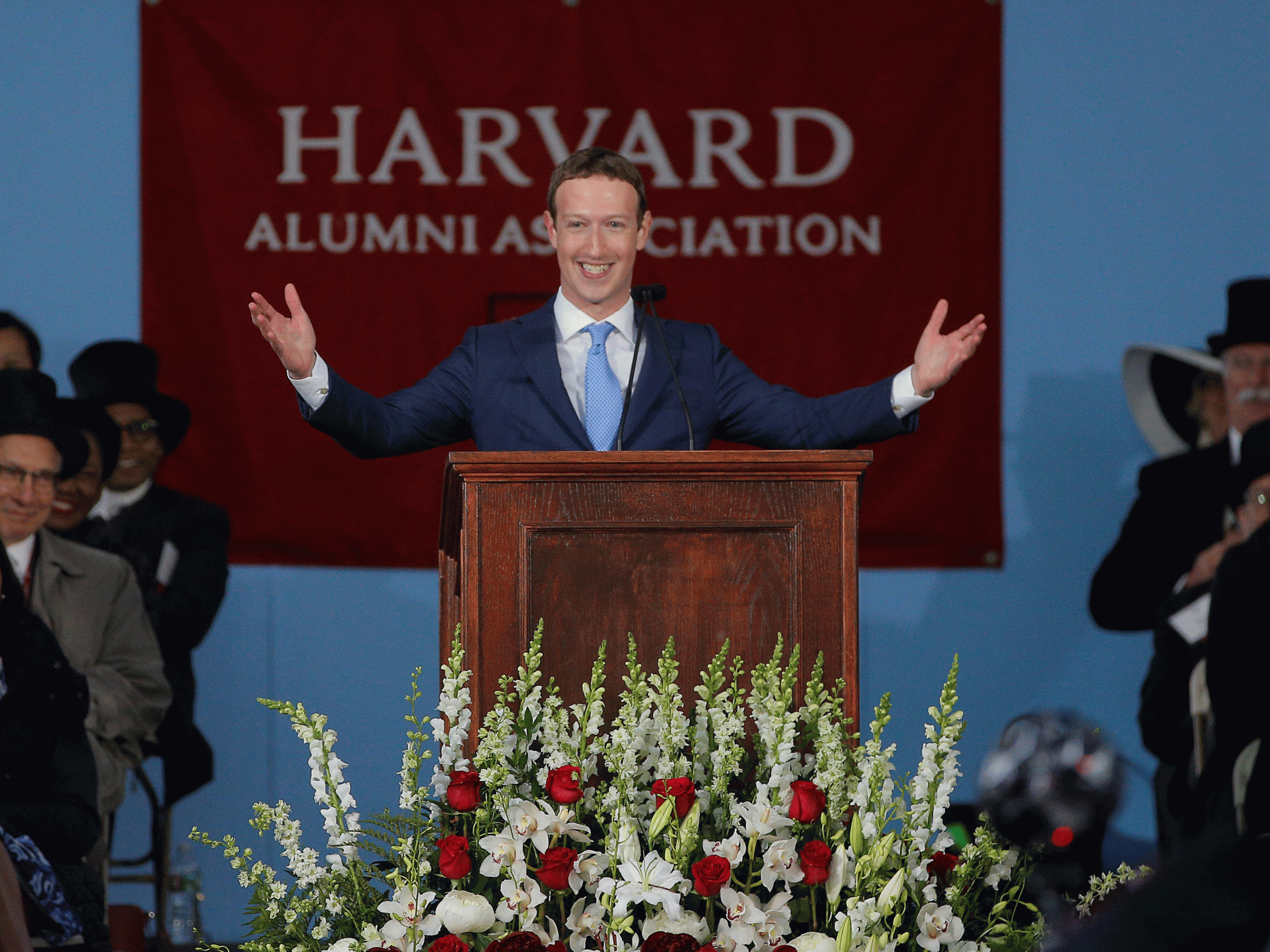Facebook is good for staying in touch but it's no substitute for prayer and spiritual belief
Mark Zuckerberg’s claim that his social media platform can rival established churches sounds hollow when Facebook’s ethics are put under the microscope


Your support helps us to tell the story
From reproductive rights to climate change to Big Tech, The Independent is on the ground when the story is developing. Whether it's investigating the financials of Elon Musk's pro-Trump PAC or producing our latest documentary, 'The A Word', which shines a light on the American women fighting for reproductive rights, we know how important it is to parse out the facts from the messaging.
At such a critical moment in US history, we need reporters on the ground. Your donation allows us to keep sending journalists to speak to both sides of the story.
The Independent is trusted by Americans across the entire political spectrum. And unlike many other quality news outlets, we choose not to lock Americans out of our reporting and analysis with paywalls. We believe quality journalism should be available to everyone, paid for by those who can afford it.
Your support makes all the difference.Does Mark Zuckerberg see himself as a religious leader like the Pope or the Archbishop of Canterbury? This week the billionaire compared Facebook to the church as a way of instilling social purpose and a sense of community.
The co-founder of Facebook has been making increasingly pompous statements about the world we live in. Perhaps it’s an attempt to divert attention from the fact the social media site has been under sustained attack for lax monitoring of the millions of daily postings which include instructions on bomb-making, sexualised images of children, grooming and incitement to hatred. Investigative journalists have revealed that the moderators employed by Facebook to assess postings and remove offensive content are paid a low wage – and their exact numbers remain a mystery.
With two billion users (of which only 100 million are active), Facebook has almost as many followers as the Christian church. Zuckerberg thinks Facebook has the potential for growing a “group spirit”, noting the decline in church membership and commenting that “people need to find a sense of purpose and support somewhere else”. Recently, he’s also proposed a basic income for all, and commented on the rise of robotics.
As long as Facebook refuses to come clean about how content is policed, Zuckerberg’s worthy comments sound pretty hollow. Social media can connect us with relatives, friends and the like-minded, and is a valuable tool at times of breaking news and terror attacks, but is it a substitute for prayer and spiritual belief?
Zuckerberg’s aspirations have to be seen in the context of the identity of Facebook’s main users. The number of people aged 18-24 who say they don’t believe in God is steadily rising – around 46 per cent in a recent poll, reflecting the trend in the population at large. In a YouGov survey last Christmas, just 28 per cent said they believed in God, down from 32 per cent less than a year earlier.
Zuckerberg is beginning to sound like an unelected world leader with no voters, empowered by his users.
Join our commenting forum
Join thought-provoking conversations, follow other Independent readers and see their replies
Comments